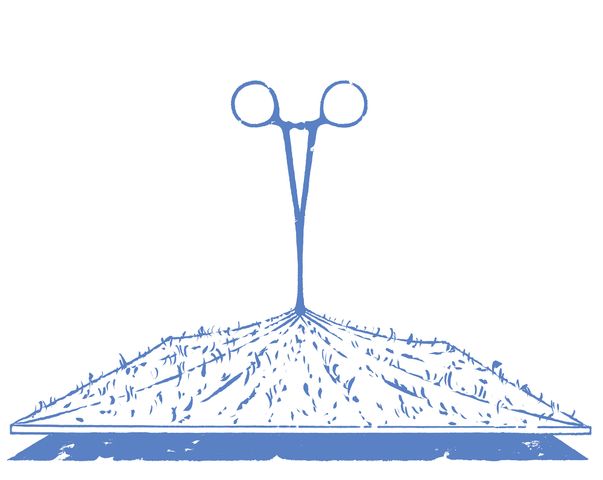Seminar Valuing Nature
Cluster Connecting

A Seminar by Sabine Höhler, Natalie Jeremijenko, Ioan Negrutiu with Adrian Lahoud, Jean-Louis Weber, Gesa Geißler and Herbert Lohner
The economy is not yet accountable for Nature’s degradation, meaning that by the over-exploitation of the “natural capital” (i.e. a mesh of resources) “the ecological services are subsidized. (…) Social norms and legal rules are at the root of the system” (Dasgupta, 2010). National, regional or local governments and companies do not keep ecological balance sheets. Consuming ecosystem capital (i.e. loss of ecosystem capability) without accounting for this use is equivalent to creating ecological debts that are transmitted to present and future generations and to countries from which unsustainably produced goods are imported. This culture of deficit, a cryptically subsidized economy, and a highly problematic territorial management of resources highlight some of the major contradictions of our present time.
Subjecting raw matter to calculus forms the precondition for its potential circulation – as soon as we can count it we can make it move through the economy. But is the equivalence of natural and financial capital adequate? Accounting has made environments legible for environmental politics. It has turned nature into a resource to budget and preserve, but also to trade, to invest and to profit from. How can we identify the threshold between what can and cannot be counted and subjected to market rules?
This seminar dealt with the understanding of natural systems and with resource management practices. It focused on accounting tools and the question of commensurabilities and compatibilities across different forms of capital and exchange “values.”
Listen to the Resumee Session on the Seminar "Valuing Nature".
See also the case study on "Valuing Nature" presented during the opening weekend of the Campus by Sabine Höhler and Ioan Negrutiu.